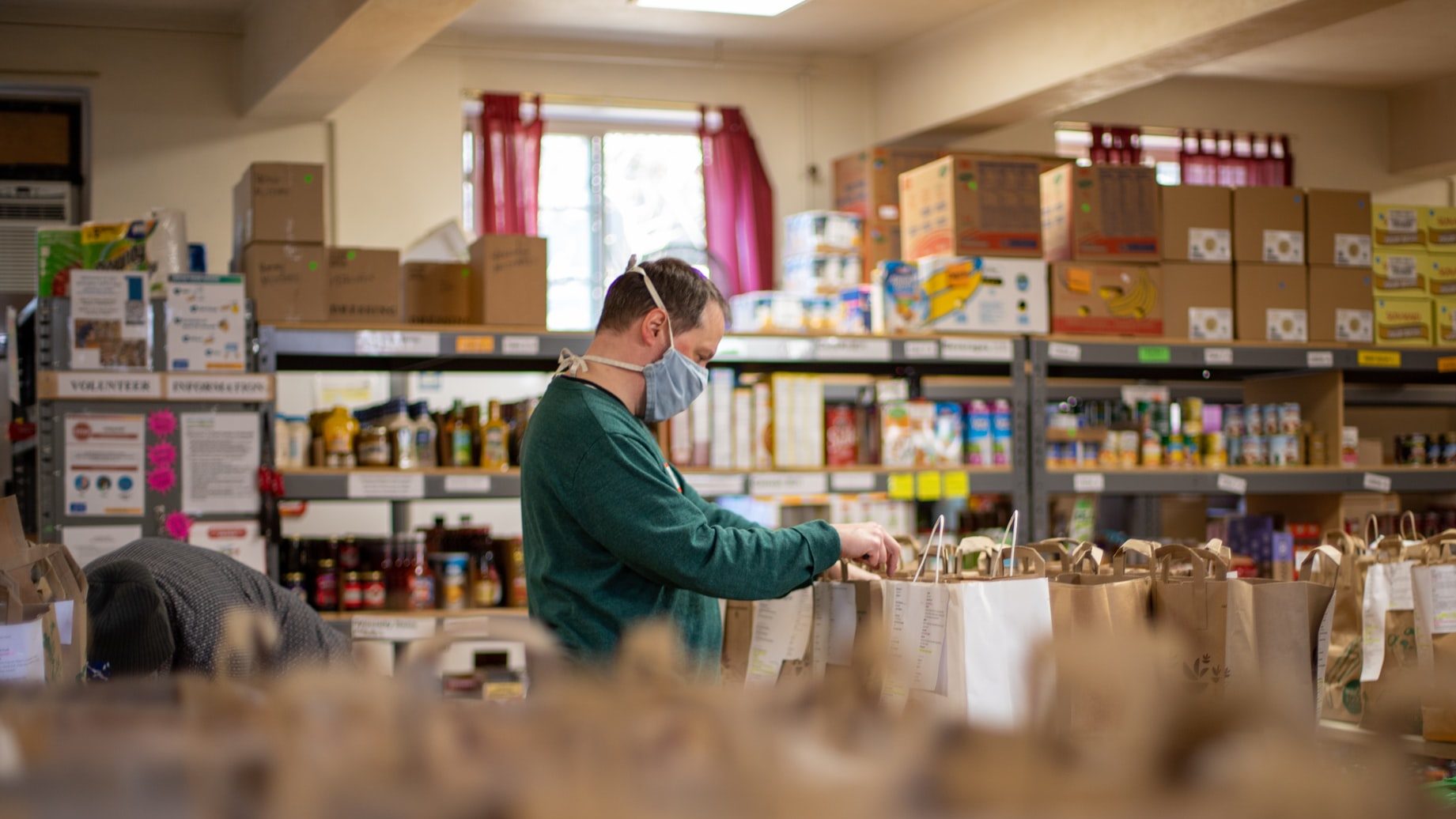“Having to go to a food bank? At first, I thought, ‘Well no, you can’t do that’. I’ve heard of people going to food banks, but that can’t be right. I’ve even donated to a food bank before.”
Imagine for a second how you’d feel if you reached the point of needing to turn to a food bank for support – how long you’d hold out against seeking help, what emotions you’d experience on your first visit, and how it might change your view of yourself.
In November and December last year, I visited food banks in London and Kent to interview people about the circumstances that had led them needing food aid and the personal impact this was having on them. In a new report out today, published with the Independent Food Aid Network and the Joseph Rowntree Foundation, I describe what I heard.
I’ve worked on policy around mental health and social security for over a decade but in the last few years I’ve also been working as a mental health social worker in NHS services. I approached the interviews from these two perspectives – exploring the social and economic factors driving demand for food aid and drawing on my frontline experience to dig deep into the effects on people’s mental health.
For everyone I spoke to, the challenges they were facing were complex and personal, but the underlying reason they needed food aid was simple and universal: their income – primarily from benefits, but in some cases combined with employment – was not enough to make ends meet. This situation had been exacerbated by the recent removal of the £20-a-week uplift to universal credit and the rising cost of living.
We never have enough money. We’re not expecting to be given loads of money to live a lavish lifestyle on benefits…but at least we would be able to provide what is necessary
41-year-old woman living with her partner and four children
The challenge of getting by on an insufficient income was being compounded by debt, poor housing and problems with the benefits system.









